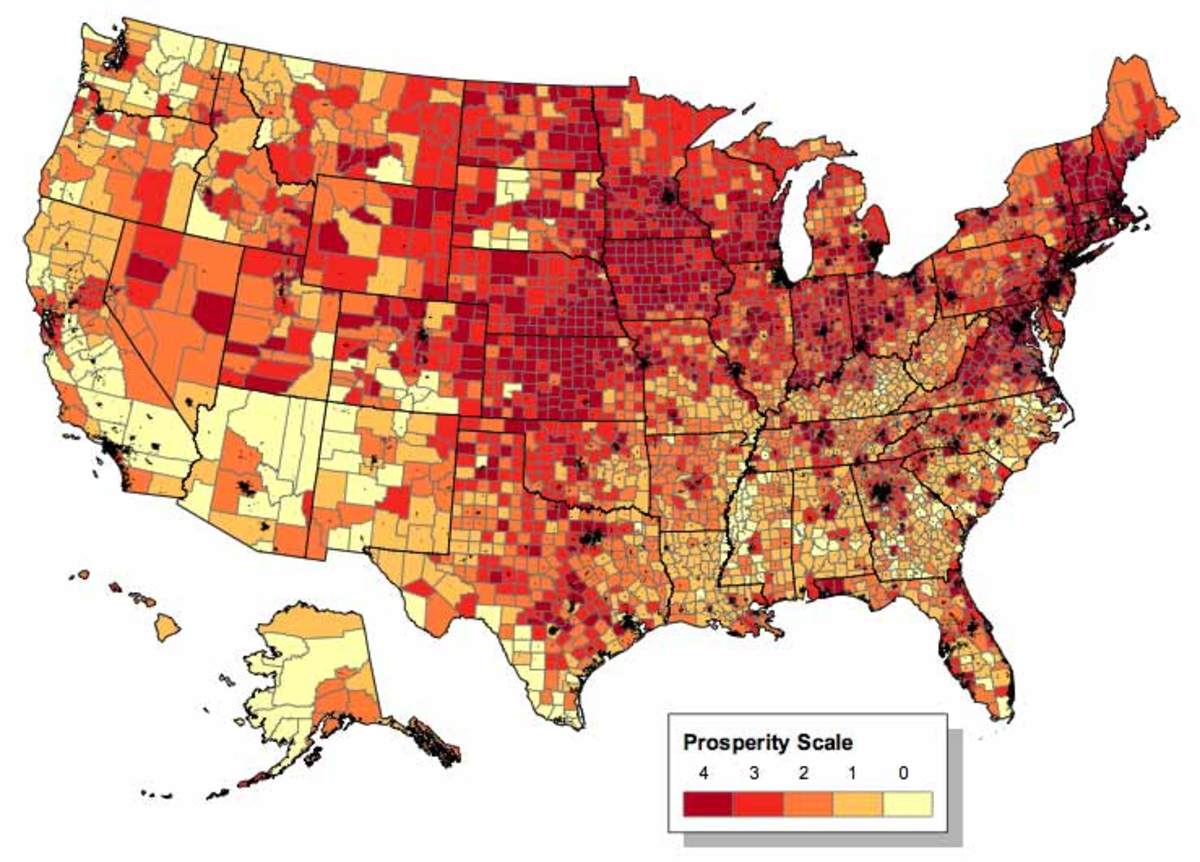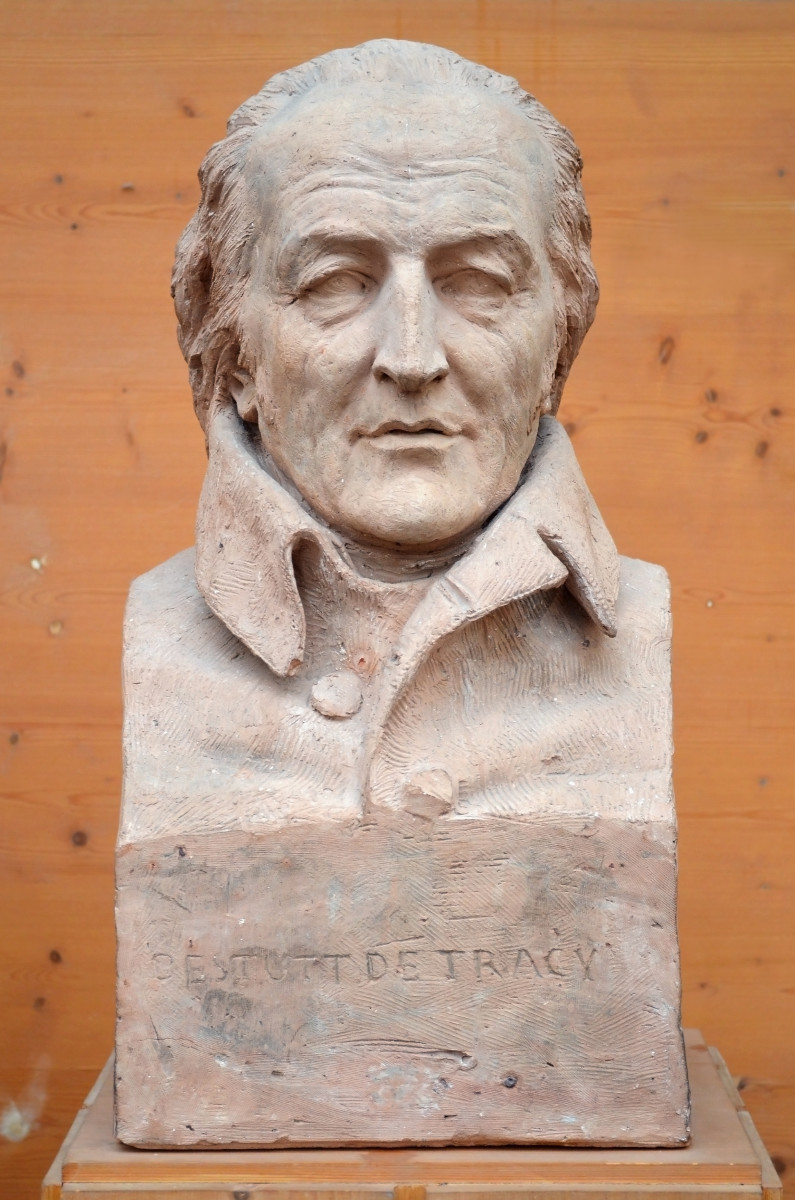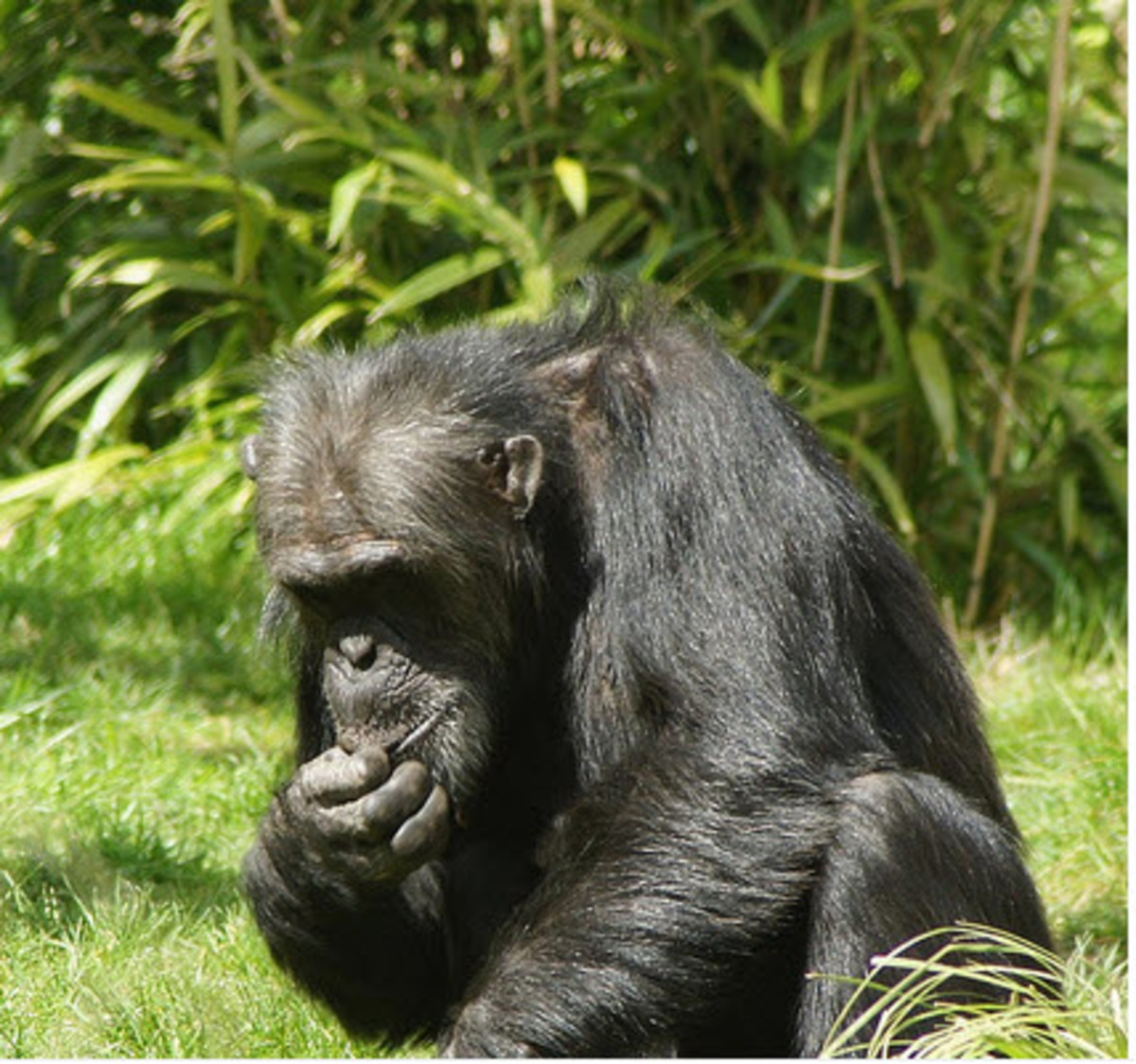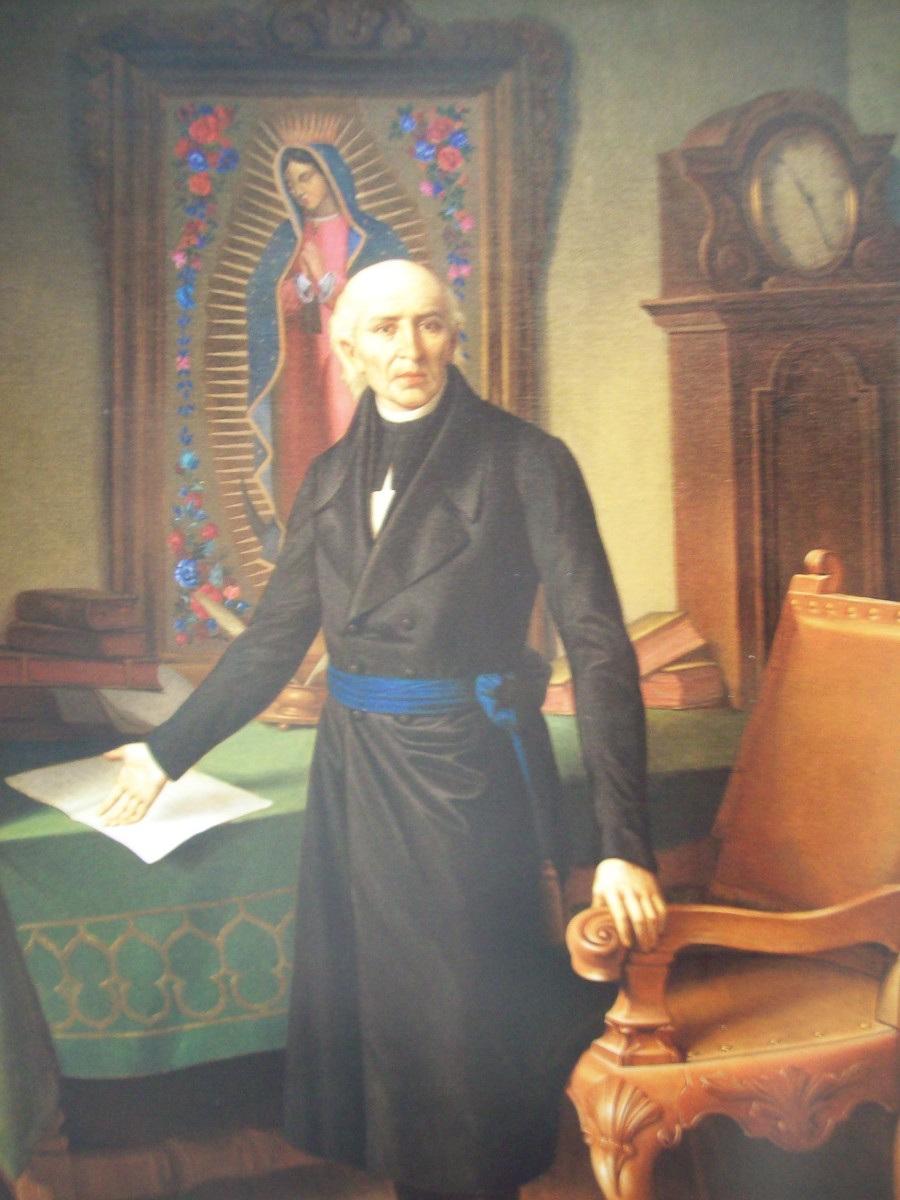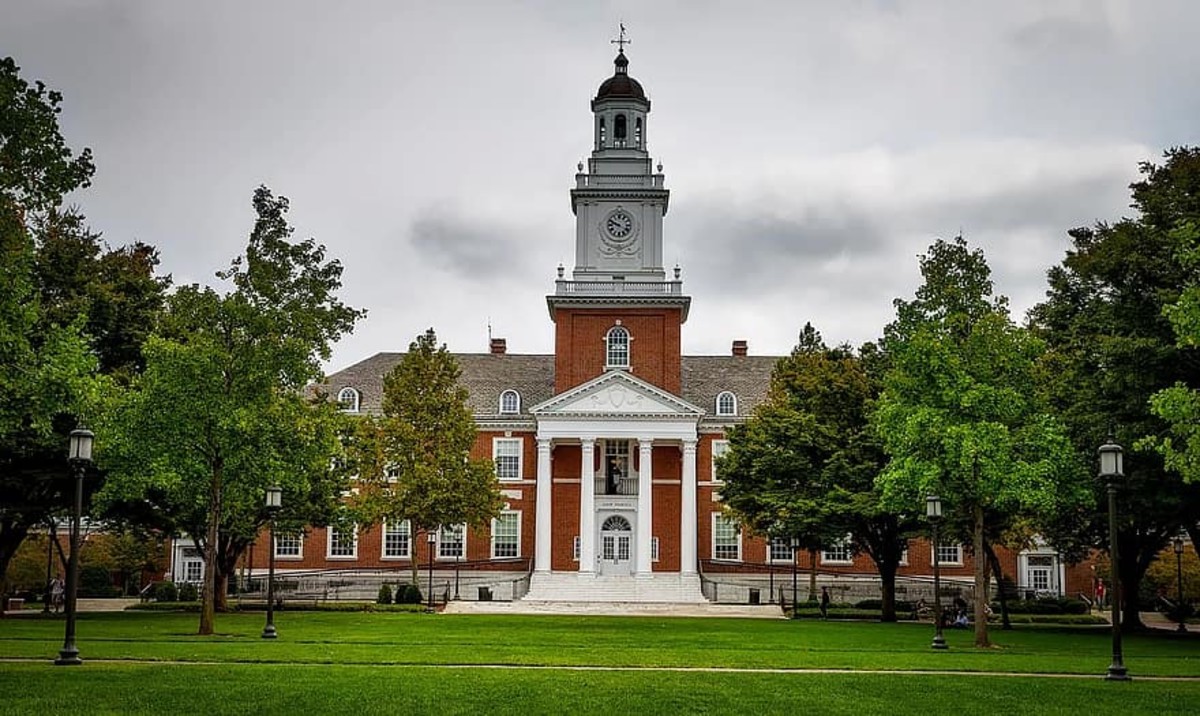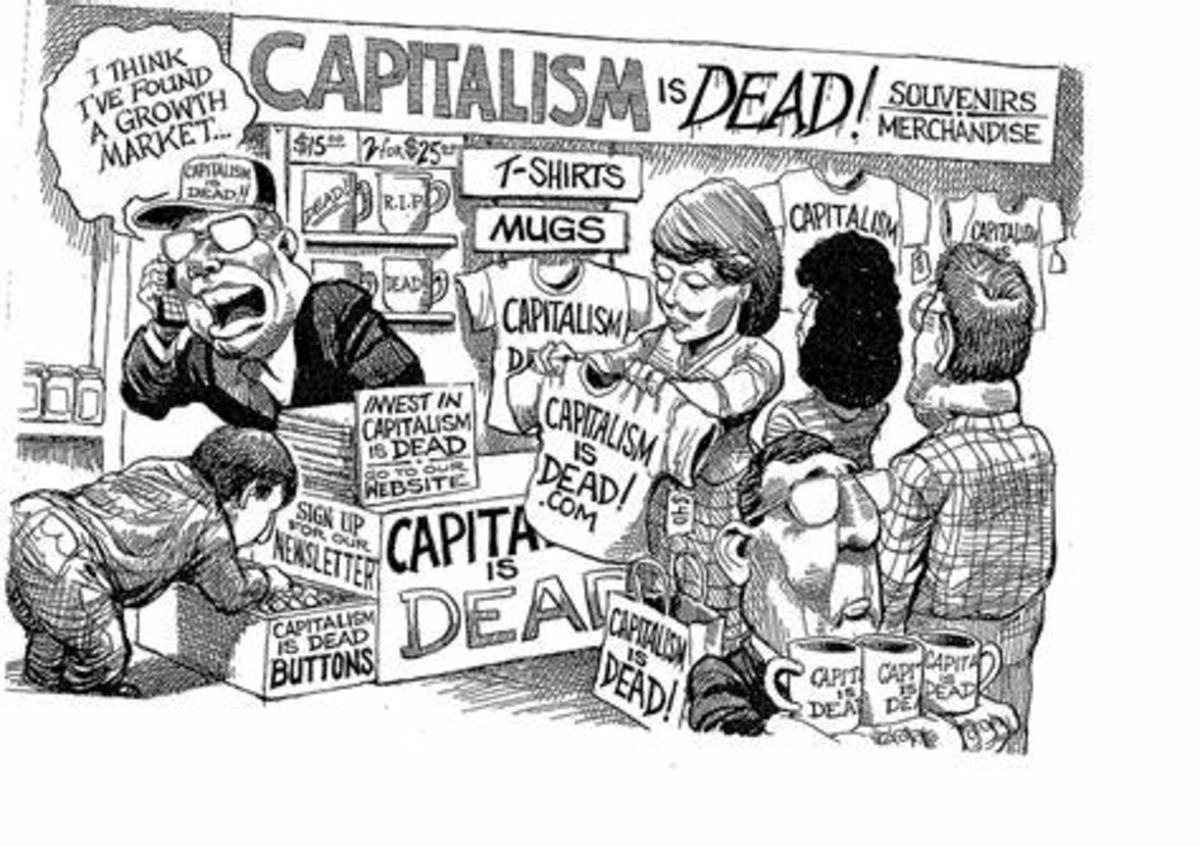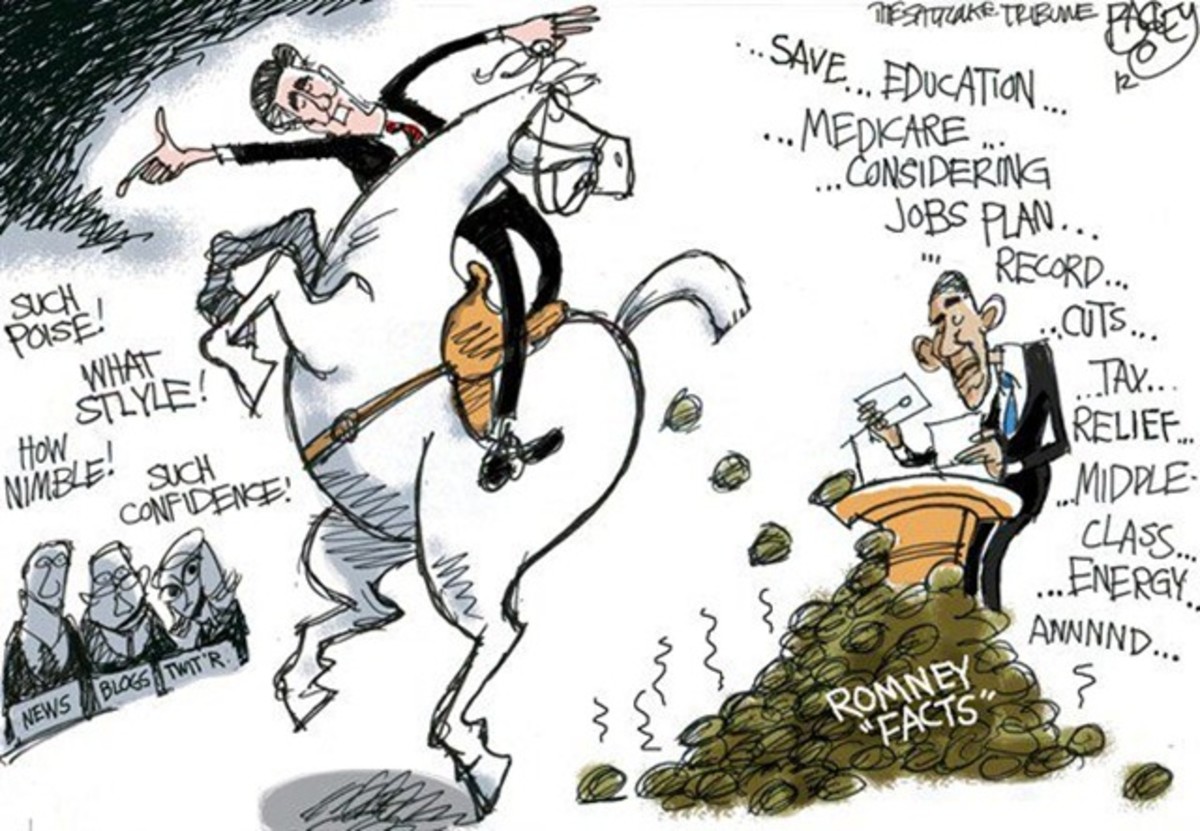When Ideology Goes Too Far
When Ideology Goes Too Far
Webster defines "ideology" as a "visionary theorizing culture, a systematic body of concepts, esp. human lifeor an individual, group or culture; the integrated assertions, theories and aims that constitute a sociopolitical program."
Ideology from a Sociologist's Point of View
Ideology, by way of further clarification, is a science that deals with beliefs, notions and theories growing out of fundamental assumptions held by a group. It may also be the sum of such beliefs, notions and theories. The requirements for membership into an ideology are the acceptance of the composition of its tenets and allowing for conditioning by its basic premises.
Often, this indoctrination is conscious; often it is concealed in informality. Members may make a conscious effort to conform to the ideological ideas or they make unconscious efforts at acceptance.
It's interesting to note that a member of an ideology can belong to more than one group. This, however, may open the possibilities for conflicts in ideological beliefs.
For example, a member of an ideological group may espouse the ideology while at the same time hold conflicting religious beliefs in the brotherhood of man. The member may simultaneously hold the belief that an elite must manage affairs with minimal concern for minority groups.
Implicit in ideological ideas is the theory that what a member believes will vary with time and place. Additionally, opinions must be interpreted in terms of group "allegiance." This leads to the philosophy largely based on cultural conditioning.
In its infancy, ideology arose in Europe. This was the result of various systems of thought. Later, ideology found use as a way of discounting arguments of opponents as reflecting merely the opponents' preconceptions or prejudices. One example is Karl Marx. He argued that much religious and political thought was ideological and thus, served to protect capitalism.
Today, the sociology of knowledge and semantics have grown partly from notions of ideology. In the minds of social scientists emphasis is placed upon observation of class and regional differences. This allowed for more discriminating research in their studies. It also directed attention to the power of ideas and greater need for their study as fundamental social facts. (Theorum abstracted from Harry Estil Moore, professor and sociologist, University of Texas)
When Ideology Goes Too Far
The viral effects of extremist ideology has far surpassed its original intent: to create varying ideas. Today's ideologues begin, not with their specific ideological ideas. Rather, they begin with an form of indoctrination through militancy and vitriolic engagement of fear, placing labels on every individual with whom they come in contact. Whether or not, an individual espouses any ideology.
We see this in media at present. It's become virtually impossible to just read, see or hear media that isn't biased toward a specific ideology under the guise of "Free Speech." What lacks in the concepts of ideology today is responsibility for the freedom of free speech. Thus, contortions are published or broadcast on a daily basis in an unseemly form of virtual reality indoctrination of the mental senses.
How Ideology Divides a Nation
The Founding Fathers of the USA were a diverse group of men who each contributed from within their sense of common decency and integrity to form a "more perfect union." Ideology has become the singular most destructive force to that "more perfect union." It forces patriotic Americans to take sides against each other when their mindsets and philosophies don't agree. This is how ideological fanaticism divides a nation. Instead of the masses working in a unified effort to advance their country's direction and stability, ideology defines major differences in classes. Ideology draws the line in the sand with labels. To a stalwart, fanatical ideologue, no one is an "American." Each individual must be a "conservative," a "liberal," a "progressive," or, a "moderate," and others in between these major divisions.
Ideology and Subtle Class Warfare
Ultimately, by sorting each American citizen into a specific ideological division, class warfare becomes a necessity. The two major ideologies at present are conservatism and liberalism. The history of conservatism originated as a set of social principles developed in opposition to radicalism during the French Revolutionary Era. It has continued to be a strong influence in Western society.
During the Restoration Period in France, the conservative philosopher, Edmund Burke, expounded upon his ideas in his work in 1790, "Reflections on the Revolution in France." His writings dominated the Age of Restoration and Reaction." In Britain and the US, Burke's ideas remain the foundation of conservative thought. The basic principles of conservatism are intended to preserve the best in established social institutions and to reconcile tradition with the change necessary to any vital society. As Burke stated about his model statesman, he is a "man who combined an ability to reform with a disposition to conserve."
Abraham Lincoln presented a different context of conservatism: "Is it not adherence to the old and tried against the new and untried?" Clearly, today's conservatives struggle to understand Burke's distinction between abstraction and principles.
Liberalism was developed in the seventeenth and eighteenth centuries, increasing in the nineteenth century. The major emphasis of liberalism is the freedom of individuals to control their own destinies. In liberalism, individualism is a basis premise with collectivism and tyranny as major enemies. Liberals believe the state (government) exists to protect individual from coercion by other more dominant individuals and groups. Liberalism traditionally has rallied against authoritarian regimes while limiting the rights of hereditary rulers and guaranteeing civil rights and liberties. Political liberalism and economic liberalism derive from a single philosophy. Although, over time they have led independent lives in actual application.
Some of the 20th century's most prominent liberal thinkers include Friedrich von Hayek, Ludwig von Mises and Henry Simons. Freedom of Speech is also highly protected by liberals. As an example, magazines contradictory to American democracy such as the "Daily Worker" are given free rein for publication and sales.
In 1776, Adam Smith's "Wealth of Nations" built upon the physiocrats and first systemizers in the field of economics. Liberalism according to Adam Smith, meant protection of individuals against encroachment by the state (government.) Later, Thomas Hobbs introduced the pain and pleasure analysis according to utilitarianist, Jeremy Bentham, who stated, "Nature has placed mankind under the governance of two sovereign matters, "pain and pleasure."
Many business ideologues say the USA and free capitalist system were born together in 1776. Any attempts to check freedom of enterprise was considered an attack on US liberties. Ironically, President Andrew Jackson was the first to make a frontal attack on behalf of dispossessed against the affluent; beginnings of regulation of big business was ushered in the 4th quarter of the 19th century. Later, President Theodore Roosevelt invoked big government against trusts while his successor, Woodrow Wilson, sought to destroy trusts.
Most notable of liberals, President Franklin D. Roosevelt, attempted to restore the country's economy by preventing a recurrence of excessive speculation and malpractices by financial institutions that contributed to the severity of the Great Depression.
Ideology - Then and Now
With a thorough study of the two major ideologies, conservatism and liberalism, it's possible to see the divisive lines blurring in their past histories. Not so with today's black or white ideologues. Ironically, today's conservatives do not resemble the type of restoration of the earliest conservatives espoused: Preserve the best in established social institutions and to reconcile tradition with the change necessary to any vital society. Instead, today's conservatives seek to abolish social institutions they feel are an attack on the economy. Conservatives today rail against changes "necessary to any vital society."
Liberals, on the other hand, have gone too far to the extreme in granting or expanding the intent of First Amendment rights. In the minds of ultra-liberals, the appearance of freedom without responsibility becomes apparent.
Conservative vs. Liberal - The Battle Wages
While intentions of both major ideological philosophies may be mired in some extreme form of preserving the "greater good," the interior battle strategies have created a darker, more dangerous division across the nation. The presumption that no American has the right to a mind of their own is part of the extremism of ideology today. The presumption that no American can be both liberal and conservative in their desires for a "more perfect union" is a direct response from extremists intent more upon gathering masses into their way of thinking. The battle waged is not for the good of the whole country. It's for a singular ideological philosophy to be the prevailing dictum upon which all Americans residing in the USA must adhere. This is when ideology goes too far.

